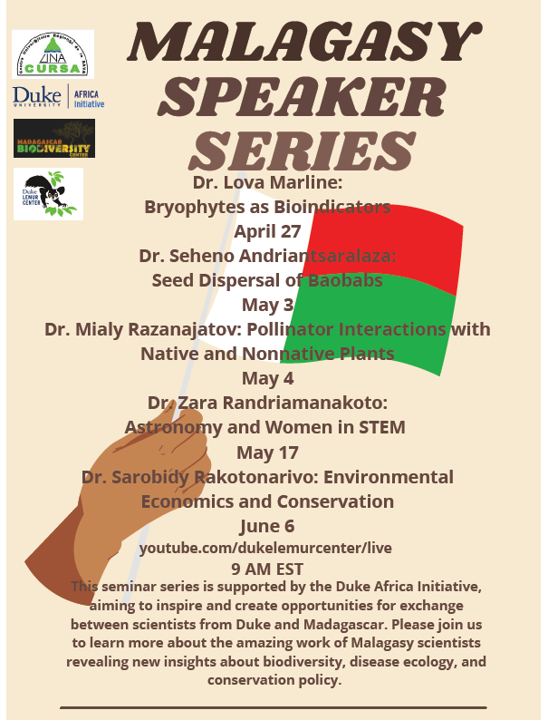
James Paul Herrera
@jamespaulherre1
Program Coordinator for the Duke Lemur Center SAVA Conservation initiative. Ecologist, conservationist, and all around lemur lover.
ID: 1232766569110835201
http://herrerajamesp.weebly.com 26-02-2020 20:37:16
253 Tweet
192 Followers
199 Following
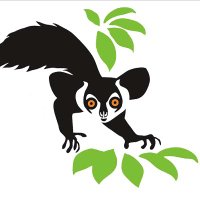

In coordination with the Duke Lemur Center, Duke students in a Story+ project collaborated with partners in Madagascar to understand the biodiversity, development and conservation efforts of the SAVA region storymaps.arcgis.com/stories/f8b786…


We've been busy this summer. Find out more on the Bass Connections at Duke blog! It Takes a Village: Conservation and Research in Rural Madagascar | Duke Bass Connections bassconnections.duke.edu/about/news/it-… Duke Lemur Center


New research: Drivers and consequences of structure in plant-lemur ecological networks doi.org/10.1111/1365-2… Camille DeSisto, James Paul Herrera Duke Lemur Center @DukeResearch
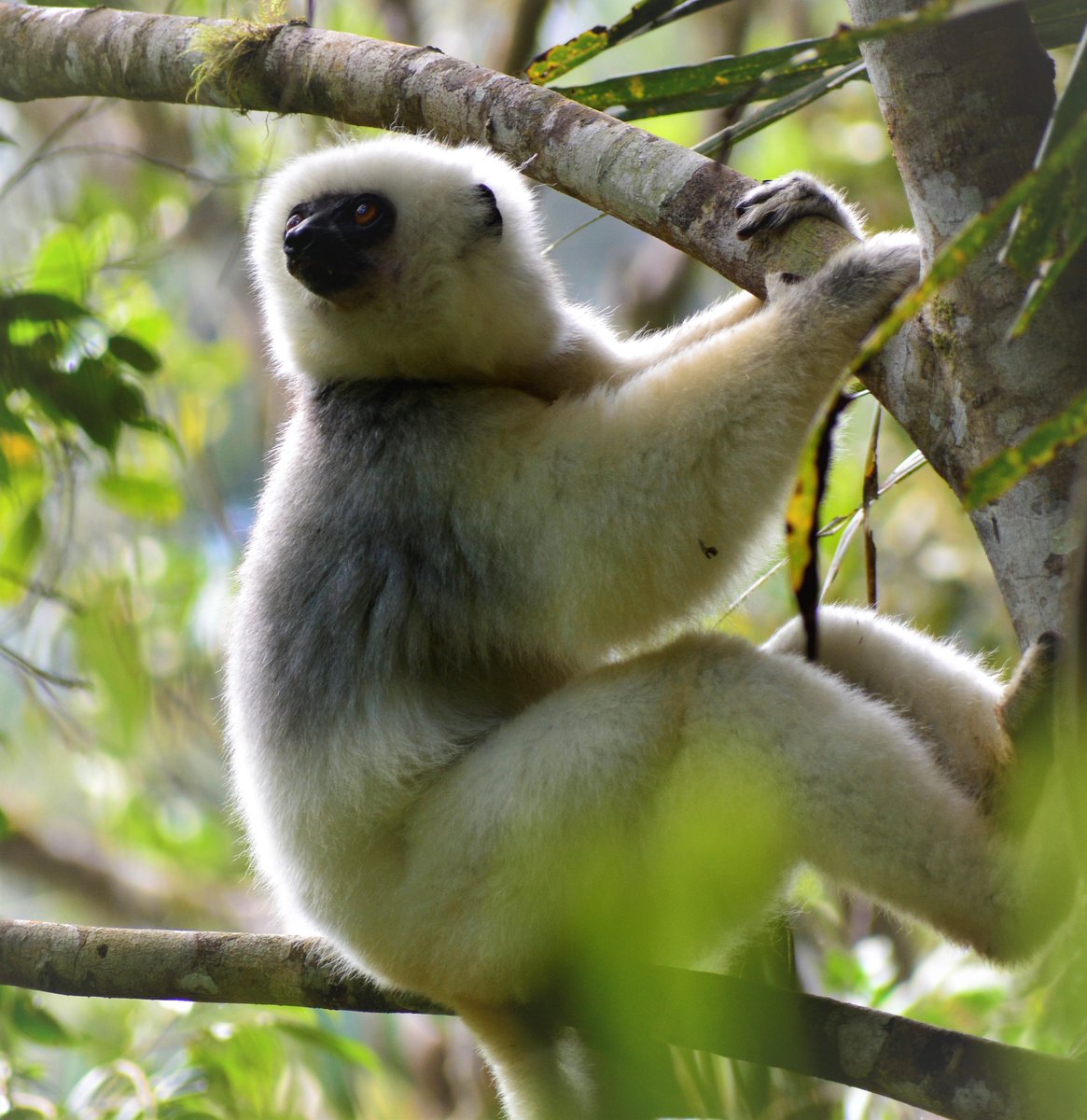

Simulating extinction: what the future could hold for lemurs and the forests they call home depends on how extinctions play out, study finds bit.ly/3COLqpa James Paul Herrera Camille DeSisto Duke Environment @dukelemurcenter Duke Univ. Nicholas School Executive Education
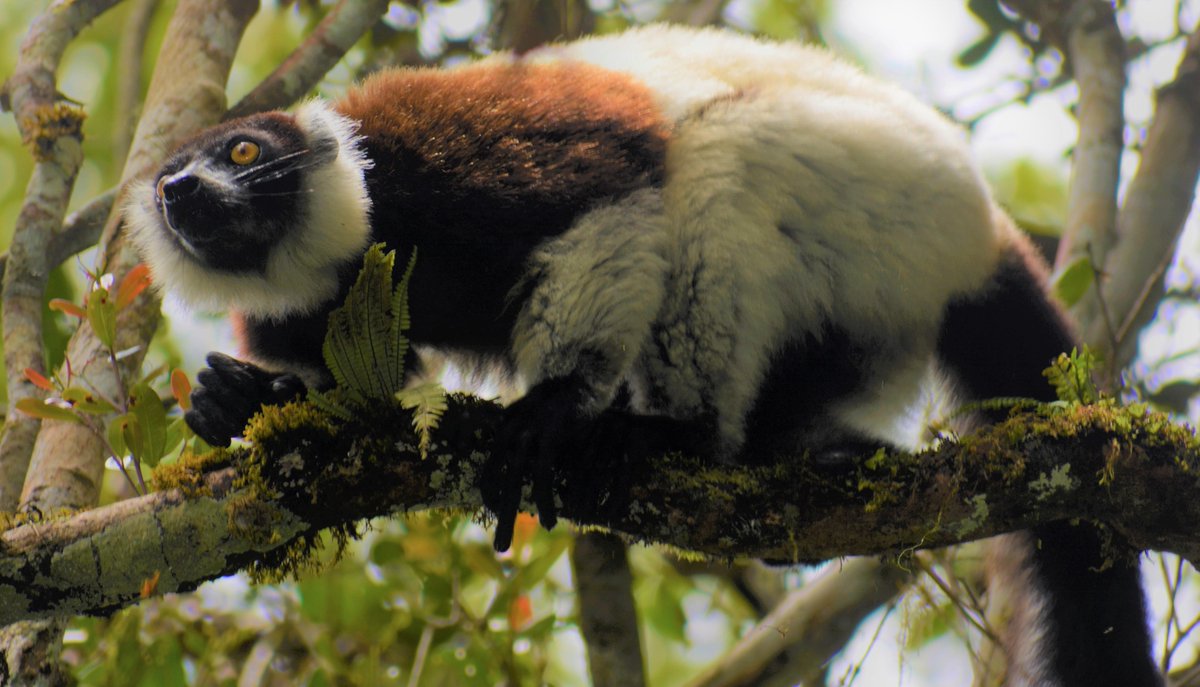


looking forward to kicking off the Malagasy Scientist Speaker Series again this semester, hosted by Duke Lemur Center on their YouTube and supported by the Africa Initiative. Join us live tomorrow for Dr. Voarintsoa on paleoecology in Madagascar, 9AM EST 16 Sept
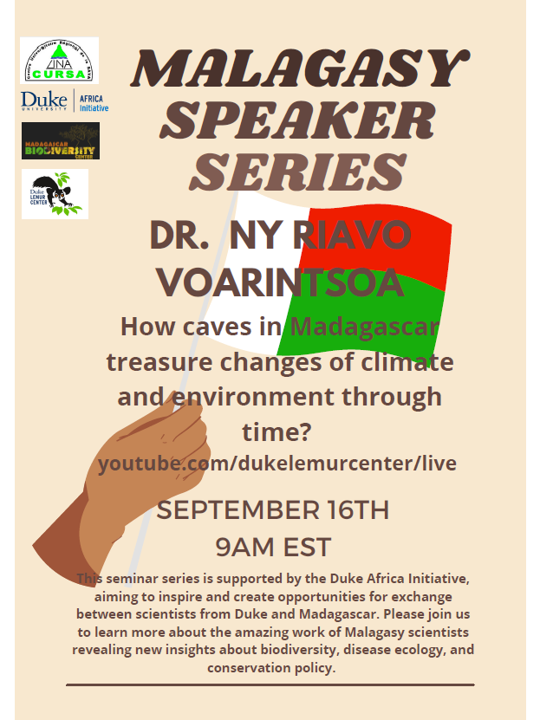


join us Friday @ 9AM EST to hear from Prof Achille on Capacity building for science in Madagascar! Africa Initiative Madagascar Biodiversity Center Duke Lemur Center
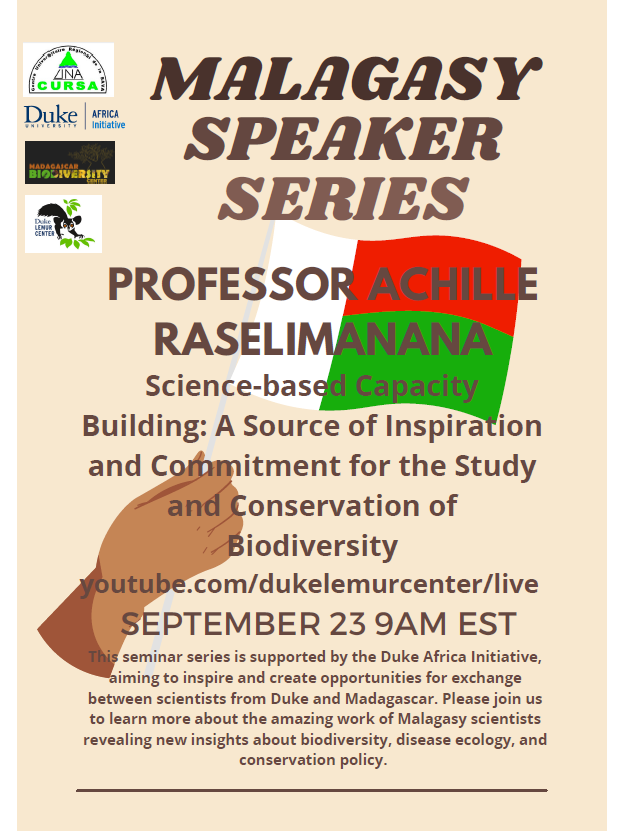

Tree Planting at New Generation School Garden with EvrardBenasoavina. Over 200 trees planted by 40+ students and teachers from the local Environmental Club in Sambava. shar.es/afJbSt




Some wild animals are more susceptible to parasites than others. Researchers are using new methods to find out why. bit.ly/3wI4X6l new research from James Paul Herrera Duke Lemur Center


Hundreds of parasites are all around us, but what makes some species more susceptible than others? New research reveals how traits of both primates and parasites predict their likelihood of interacting. James Paul Herrera Read the article: doi.org/10.1111/1365-2…
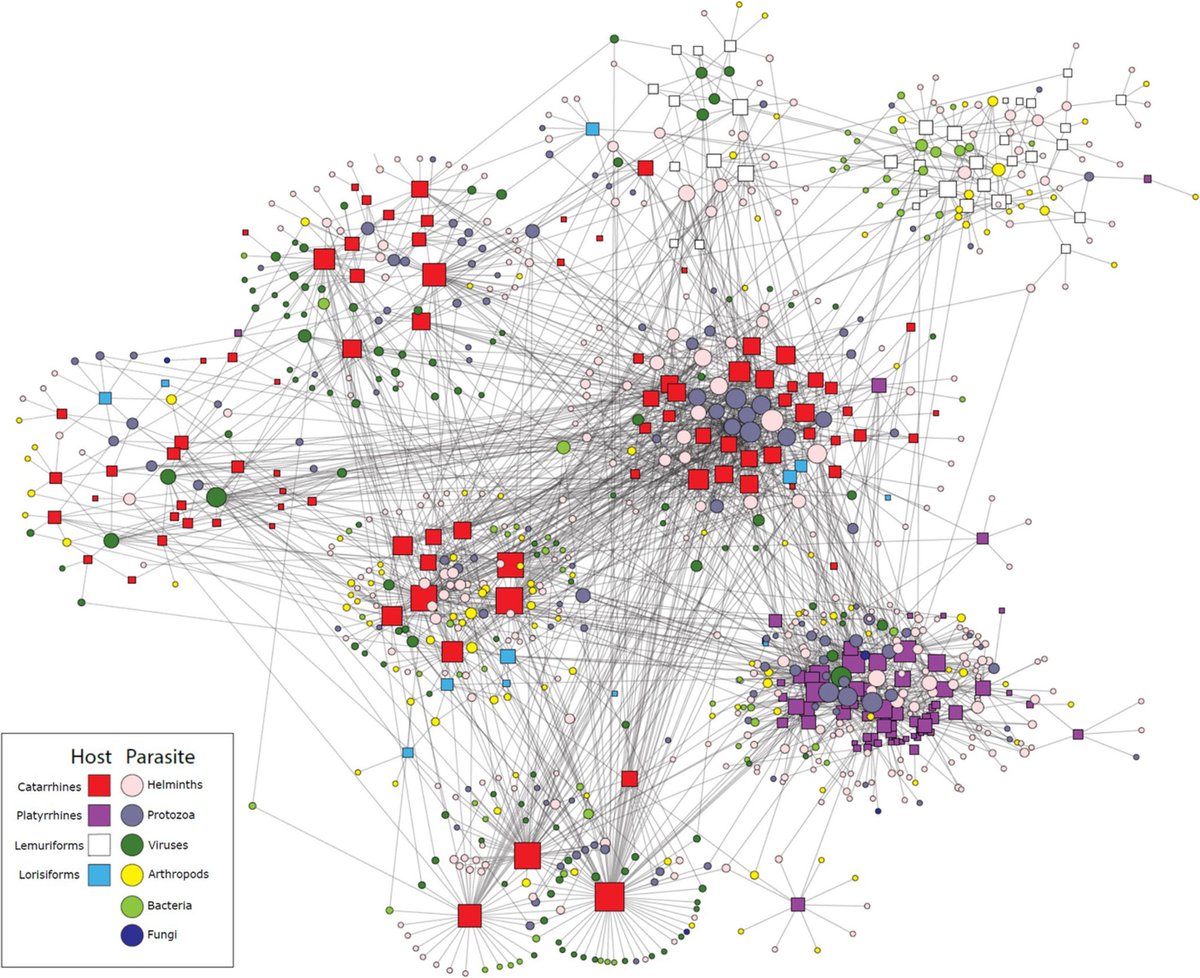

📚New blog post📚 📰Recent work from James Paul Herrera et al. showed that larger primates in warm climates and sharing the same biogeographic region have more parasites than small species in cool, dry climates 🌎. Read the #storybehindthepaper: animalecologyinfocus.com/2023/02/06/com…




